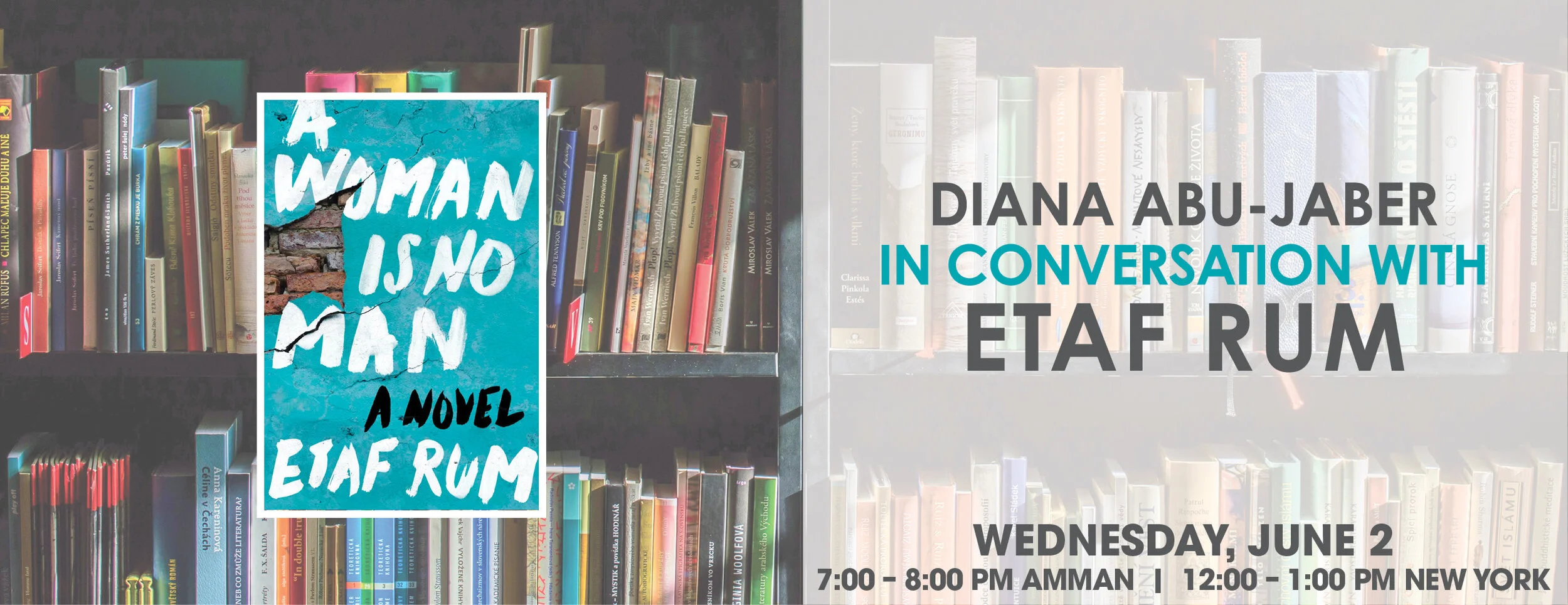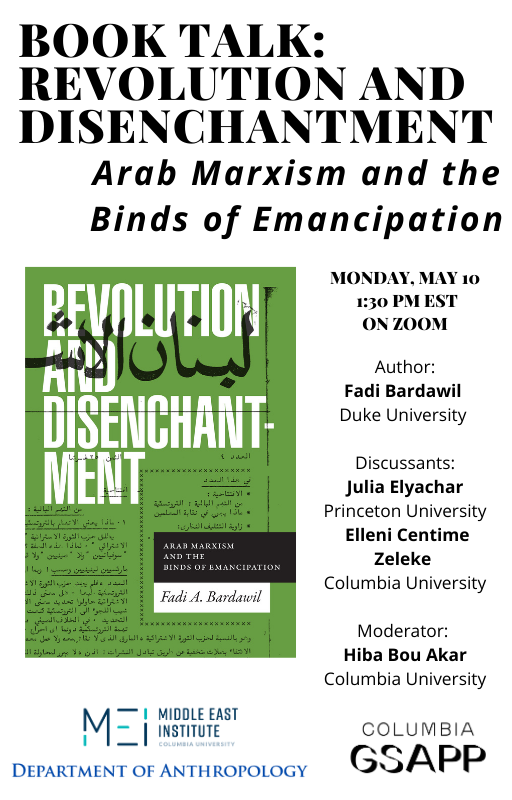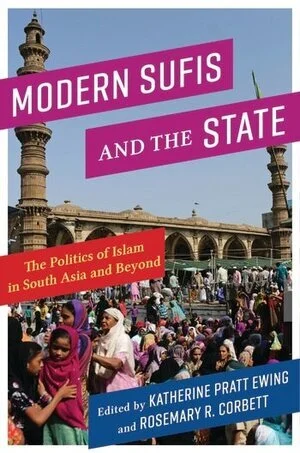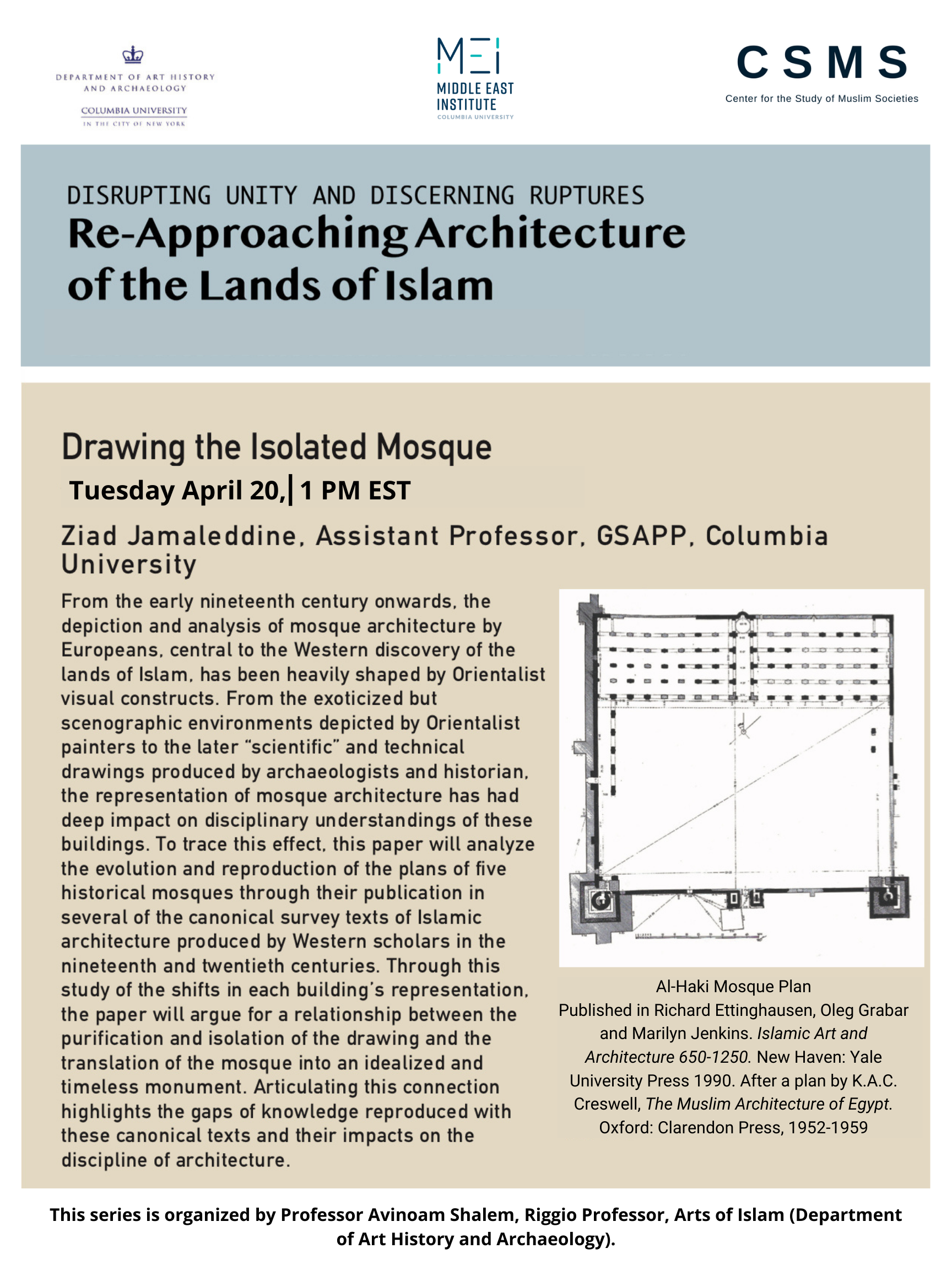
Inscriptions Unbound: A Conversation on Edward Said’s Library
Date: Monday, May 5th
Time: 12:00 PM
Location: Zoom (registration required)
Join us for a special virtual event in conjunction with Inscriptions Unbound: Edward Said’s Library, the exhibition currently on view at Butler Library.
Joy Al-Nemri (MESAAS alumna and curator of the exhibit) will offer insights into the curatorial process and the intellectual significance of the personal inscriptions drawn from Said’s private book collections. Her reflections will highlight how these often-overlooked marginalia trace a cartography of intellectual intimacy, solidarity, and transnational connection.
Timothy Brennan (author of Places of Mind: A Life of Edward Said) will speak to Said’s intellectual legacy, drawing on his extensive biographical and scholarly work to explore Said’s place in contemporary thought, and the ongoing relevance of his commitments to justice, critique, and humanism.
This event invites students, scholars, and readers of Edward Said to consider the material and affective afterlives of his library, and the ways in which books—and the inscriptions within them—can serve as living archives of intellectual history.
Exhibit on view at Butler Library, 3rd Floor, through May 15, 2025.














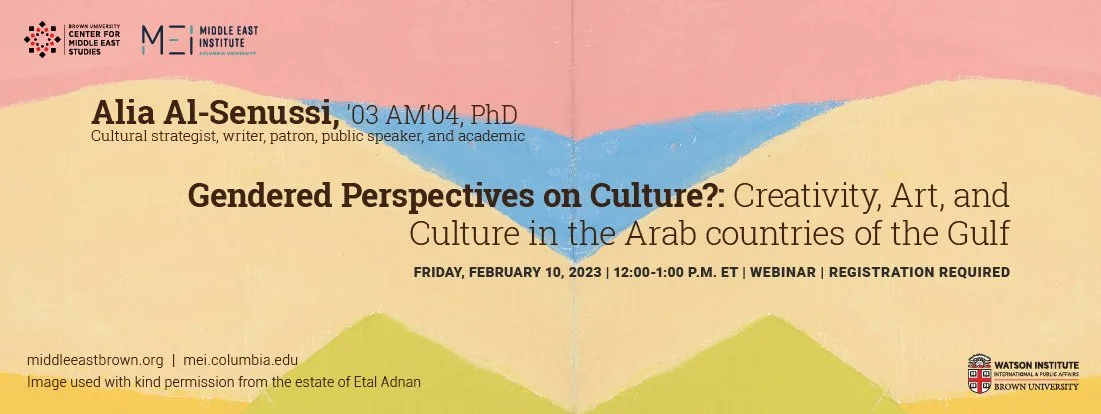
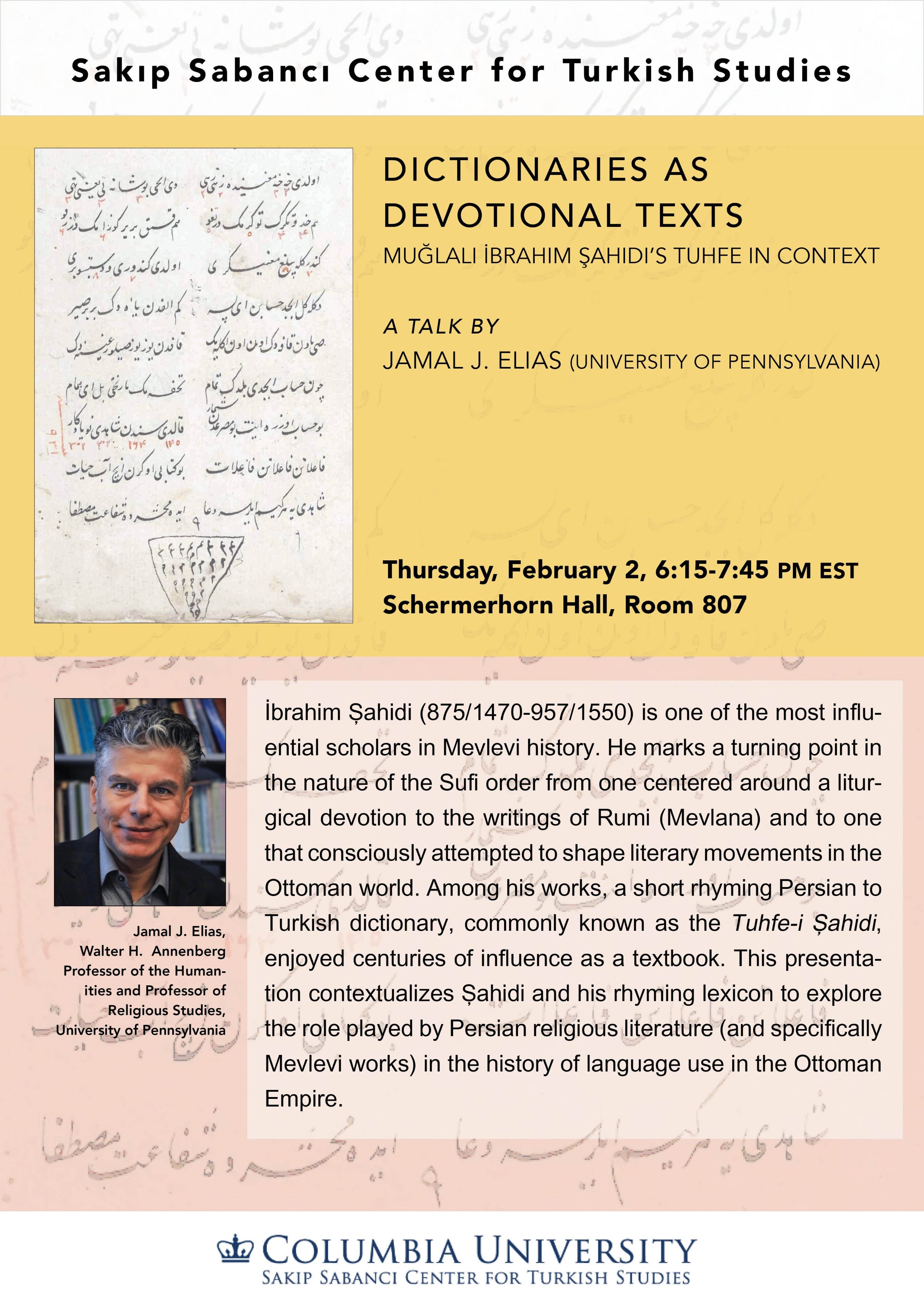


![Book Launch: Entanglements of the Maghreb [French Language Event]](https://images.squarespace-cdn.com/content/v1/57ad079f59cc684a27edde39/1644006680670-YRX3950PT3I6PXHSMRX6/Poster+MECAM.png)
![[Cancelled] Book Talk: Miracles and Material Life: Rice, Ore, Traps and Guns in Islamic Malaya](https://images.squarespace-cdn.com/content/v1/57ad079f59cc684a27edde39/1635780337731-RHEM8ODEZN84NRSHGO7O/Miracles.jpg)





